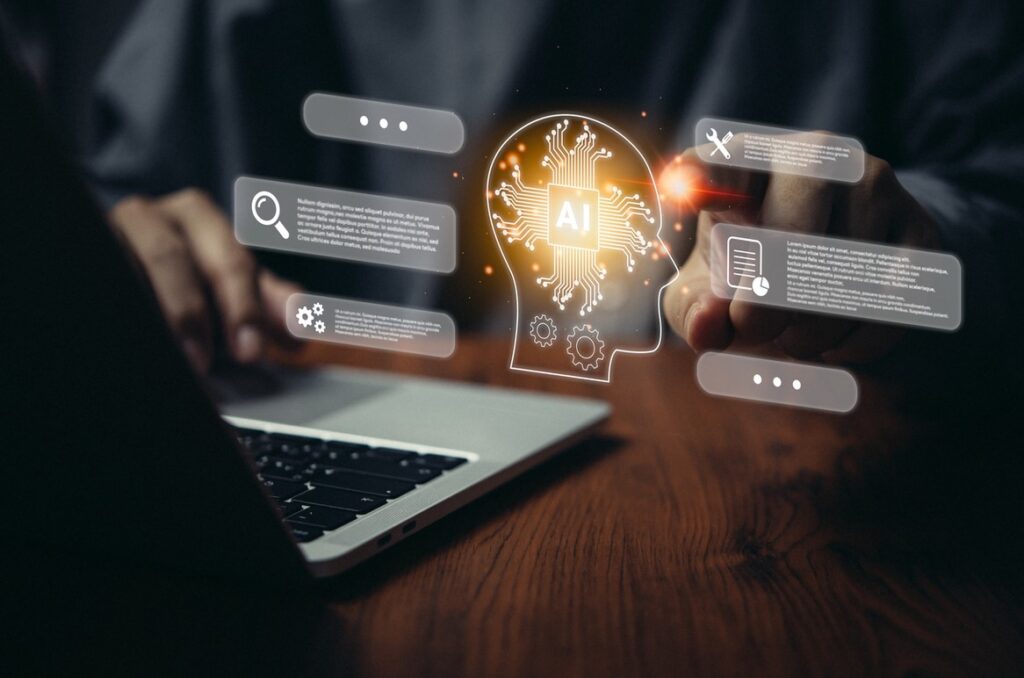Introduction
In recent years, technology has rapidly advanced and evolved, bringing about significant changes in various industries and our daily lives. From artificial intelligence to virtual reality, the world is constantly introducing new innovations that have the potential to revolutionize the way we live, work, and interact with each other. In this discussion, we will explore some of the latest trends and innovations in technology that are predicted to shape our future in 2025.
Artificial Intelligence (AI)
AI has been a hot topic for several years now, and it’s only expected to become more prominent in the coming years. With computers becoming smarter and able to learn from data rather than just follow programmed instructions, AI has opened up a world of possibilities. In 2025, we can expect to see even more advancements in AI, such as advanced natural language processing and improved decision-making abilities. This technology has the potential to transform various industries, from healthcare to transportation.
Virtual and Augmented Reality (VR/AR)
Virtual and augmented reality have come a long way since their inception, and they continue to enhance our experiences in various fields. In 2025, we can expect VR/AR technology to become even more immersive and integrated into our daily lives. From gaming and entertainment to education and training, this technology is predicted to offer endless possibilities for businesses and individuals alike.
Blockchain
Blockchain technology has gained significant attention in recent years for its potential to disrupt traditional systems and processes. It is a secure, decentralized ledger that can be used to record transactions between parties efficiently. In 2025, we can expect blockchain technology to become more mainstream, with applications in various sectors such as finance, supply chain management, and even voting systems.
Internet of Things (IoT)
The internet of things refers to the network of connected devices that collect and exchange data over the internet. With the advancement of IoT technology, our homes, workplaces, and cities are becoming smarter and more interconnected. In 2025, experts predict that there will be over 75 billion connected devices worldwide, making our lives more convenient and efficient. However, this also presents challenges in terms of data privacy and cybersecurity.
5G Technology
The introduction of 5G technology is set to revolutionize the way we use the internet and mobile devices. With faster speeds and lower latency, 5G will enable new opportunities for businesses and individuals. In 2025, we can expect to see a rapid expansion of 5G networks globally, leading to advancements in areas such as autonomous vehicles, smart cities, and telemedicine.
Artificial Intelligence (AI)
Artificial intelligence continues to transform various industries through innovations in machine learning, natural language processing, and robotics. By 2025, we anticipate AI-powered systems becoming more integral in healthcare, customer service, and manufacturing, among other fields. However, concerns regarding job displacement and ethical AI deployment remain prominent.
Augmented Reality (AR) and Virtual Reality (VR)
AR and VR technologies are evolving rapidly and reshaping entertainment, training, and education. With enhanced hardware and immersive experiences, these technologies are expected to reach mainstream adoption by 2025, impacting how we work, learn, and play.
Renewable Energy Solutions
The global shift toward renewable energy is accelerating due to the urgent need to combat climate change. Innovations in solar, wind, and battery storage technologies are making clean energy more affordable and accessible. By 2025, renewables are projected to account for a significant portion of global energy consumption.
Quantum Computing
Quantum computing holds the potential to revolutionize problem-solving in areas such as cryptography, optimization, and material science. Though still in its early stages, researchers predict substantial advancements in quantum computing by 2025, opening doors for breakthroughs across industries.
Biotechnology
Advancements in biotechnology are driving progress in medicine, agriculture, and environmental conservation. Gene editing technologies, like CRISPR, are expected to become more precise and widely adopted by 2025, enabling groundbreaking solutions to global challenges.
Autonomous Systems
From self-driving cars to drone delivery, autonomous systems are becoming increasingly practical. By 2025, the integration of autonomous technologies is expected to redefine transportation, logistics, and various other sectors, improving efficiency and safety.
Space Exploration
The new era of space exploration is marked by commercial and governmental initiatives. By 2025, missions to the moon and Mars, as well as satellite-based internet services, are anticipated to expand humanity’s presence and capabilities in space.
Blockchain Beyond Cryptocurrency
While blockchain is best known as the foundation of cryptocurrencies, its applications extend far beyond finance. By 2025, blockchain is expected to play a pivotal role in enhancing transparency and security in areas like supply chain management and healthcare.
Smart Healthcare
The healthcare industry is progressively leveraging technologies like wearable devices, AI diagnostics, and telemedicine. By 2025, the rise of smart healthcare systems is anticipated to improve patient outcomes and make healthcare more accessible.
Cybersecurity Advancements
With the growing reliance on digital systems, cybersecurity is more essential than ever. By 2025, advancements in AI and machine learning are expected to strengthen defenses against sophisticated cyber threats, protecting data and infrastructure on a global scale.
Conclusion
In conclusion, the future holds immense potential for technological advancements that will shape our lives and industries in unimaginable ways. From artificial intelligence to renewable energy solutions, these emerging technologies are set to transform various sectors and bring about positive changes. However, it is crucial to consider ethical implications and address potential challenges along the way as we continue to embrace these innovations. The possibilities are endless, and with responsible implementation, we can create a better world with the help of technology in 2025 and beyond. So let’s stay curious and open-minded as we embark on this journey into an exciting future!
